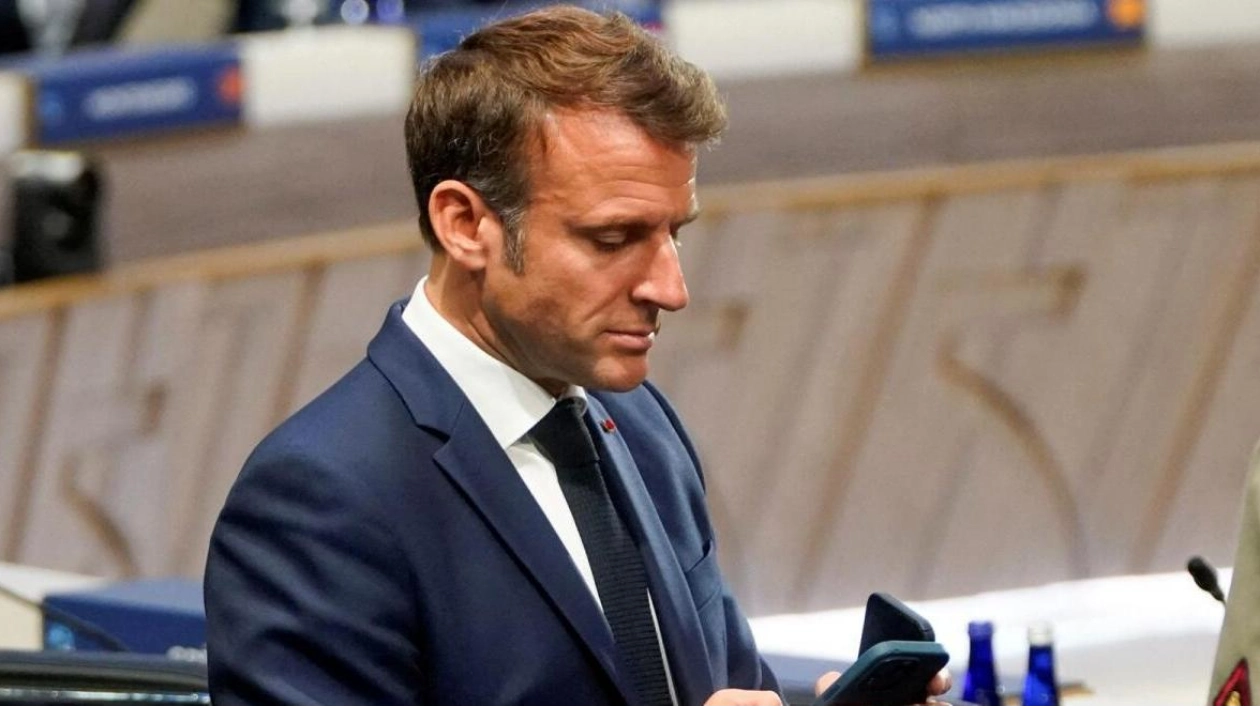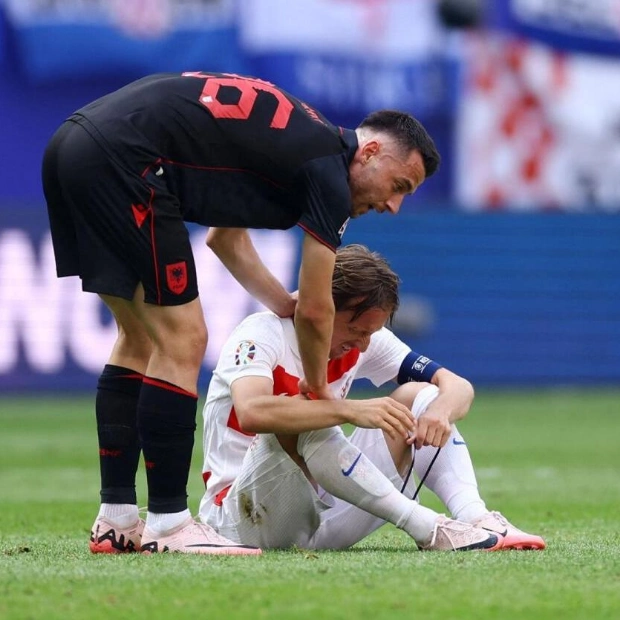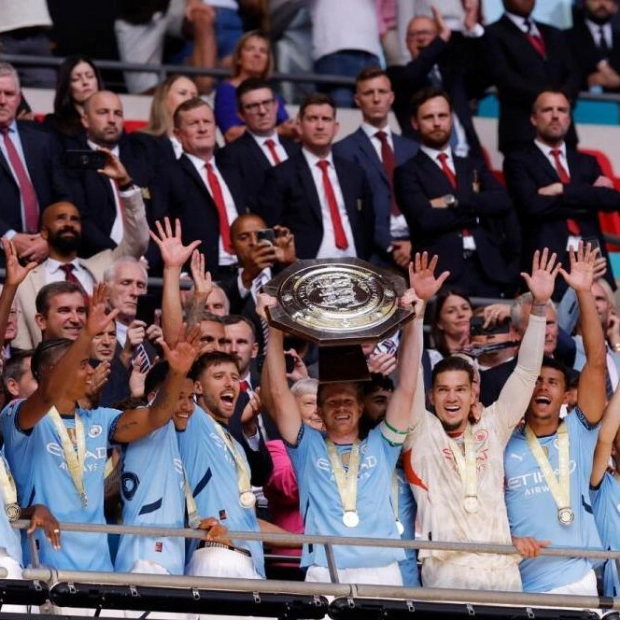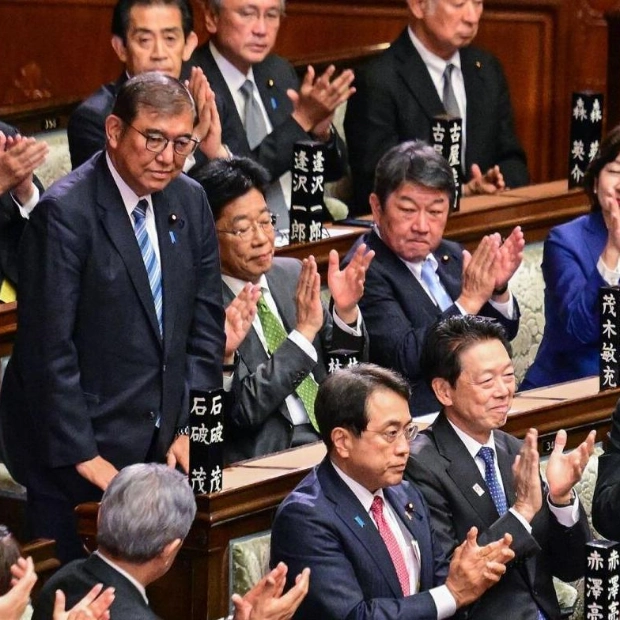On Thursday, French left-wing politicians criticized President Emmanuel Macron for advocating a broad coalition government, insisting that their movement should be the sole entity to nominate a prime minister. Despite no single party winning the second-round vote outright on Sunday, a coalition of Socialists, Communists, Greens, and the hard-left France Unbowed (LFI) secured the most seats, totaling 193 out of 577 in the National Assembly. This outcome, lacking an overall majority, left France directionless at home and weakened internationally, particularly as Macron attended a NATO summit in Washington focused on Russia's aggression in Ukraine.
In an open letter to voters, Macron acknowledged on Wednesday that 'nobody won' the election. He retained centrist Prime Minister Gabriel Attal and urged political parties to unite for a broad coalition. Socialist Party leader Olivier Faure accused Macron of disrespecting the French people's vote, while LFI leader Jean-Luc Melenchon condemned the 'return of the royal veto'. Sophie Binet, leader of France's largest trade union federation, the CGT, likened Macron's stance to that of Louis XVI, the executed king during the French Revolution.
Macron's letter seemed to exclude both LFI and the far-right National Rally (RN) from the new coalition. In the second-round run-off, voters from various factions collaborated to prevent the RN from gaining power, allowing Macron's party to secure 164 seats, placing second, and leaving the far right with 143 seats, in third. With each major bloc controlling about one-third of the chamber, forming a government that can withstand a no-confidence vote may be challenging.
Macron ally Francois Bayrou emphasized the need for a prime minister who can unite the factions. The conservative Republicans party, once led by presidents like Jacques Chirac and Nicolas Sarkozy, now reduced to 40 seats, has declined to join the coalition but might support a legislative program. Meanwhile, RN leader Marine Le Pen dismissed Macron's letter as a 'disgraceful circus', focusing on the 2027 presidential election where Macron will be ineligible due to term limits.
Macron's visit to Washington coincided with concerns over French instability and the potential return of NATO-sceptic Donald Trump. Financial markets are also on edge, with ratings agencies warning of possible credit downgrades due to uncertainties in government finances. Bank of France governor Francois Villeroy de Galhau cautioned against the left's economic program, highlighting the burden of excessive wage costs and heavy taxes on businesses.
The NFP, which pledged to increase the minimum wage and raise taxes on corporations and the wealthy, aims to fund welfare projects, including reversing Macron's unpopular retirement age increase. Villeroy noted the budget deficit resulting from overspending on social and pension programs, which exceeded the EU limit last year.






